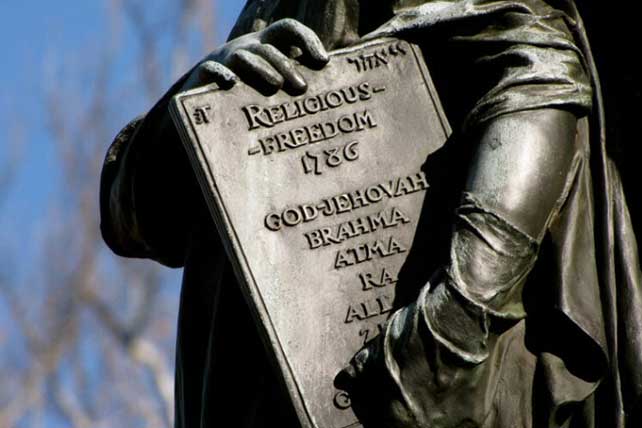The topic of sex within the context of the Bible is one that has generated much discussion and debate among theologians, scholars, and believers alike. no single article can explore what the Bible actually says about sex, the rules regarding sexual conduct, and the perspectives on premarital intimacy. Yet we should be able to ask “what does the Bible say about sex” and turn to the scriptures for guidance. Jesus rmade statements regarding sexuality and the heart attitudes of lust.
What Does the Bible Say About Sex?
The word “sex” generally refers to the act of sexual intercourse between two individuals. While the Bible does not explicitly use the term “sex,” it provides numerous verses that pertain to the subject. In the Old Testament, adultery, defined as engaging in sexual relations with a married individual, is expressly prohibited in the 10 Commandments. This establishes an early biblical standard that associates sexual activity within the boundaries of marriage. Sexual relations are considered a gift from God, intended to be enjoyed within the confines of a marital relationship. This view is supported by various scriptures that condemn sexual immorality and adultery, highlighting the expectation of fidelity and purity before and within marriage.
The Bible outlines several consequences of engaging in sex outside of marriage, commonly referred to as fornication. These include the loss of honor and respect, damage to one’s spiritual relationship with God, and potential physical consequences. Additionally, fornication is viewed as a sin against one’s own body, which is considered a temple of the Holy Spirit. According to the Bible, sexual sin is unique in that it is a sin against one’s own body. The scriptures advocate for sexual purity, teaching that the body is a temple of the Holy Spirit and should be honored as such. This perspective underlines the importance of respecting one’s body and maintaining purity in physical actions and thoughts.
What Jesus Says About Sex
Jesus’ teachings on sex, as recorded in the New Testament, reinforce the importance of purity and faithfulness. He expands on the Old Testament commandments by addressing the intentions and thoughts behind the actions, condemning not only the act of adultery but also the lustful thoughts that can lead to such actions. Jesus emphasizes the sanctity of marriage and the commitment between husband and wife.
The Bible addresses the issue of lust and sexual desire, categorizing lustful thoughts as akin to adultery when they are directed at someone other than one’s spouse. However, it also acknowledges the natural human experience of sexual desire, encouraging individuals to direct these feelings appropriately within the context of marriage and to exercise self-control.
The biblical stance is that sex should be reserved for marriage. This is rooted in the belief that sexual intimacy creates a profound bond between two people, intended to strengthen the marital relationship and ensure faithfulness. What does the Bible say about sex? Premarital sex is viewed as contrary to God’s design for sexuality, leading to spiritual and emotional consequences.





























